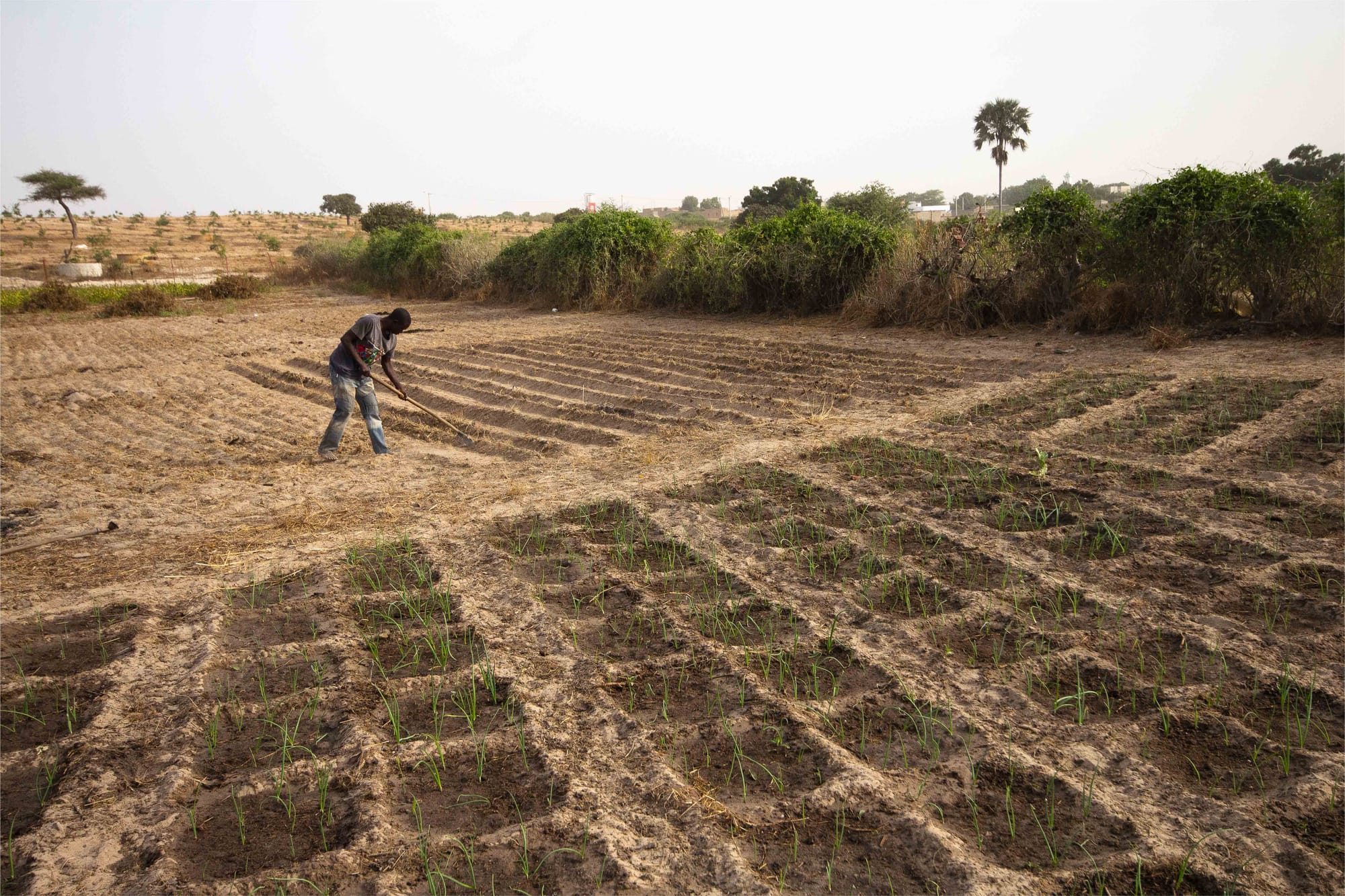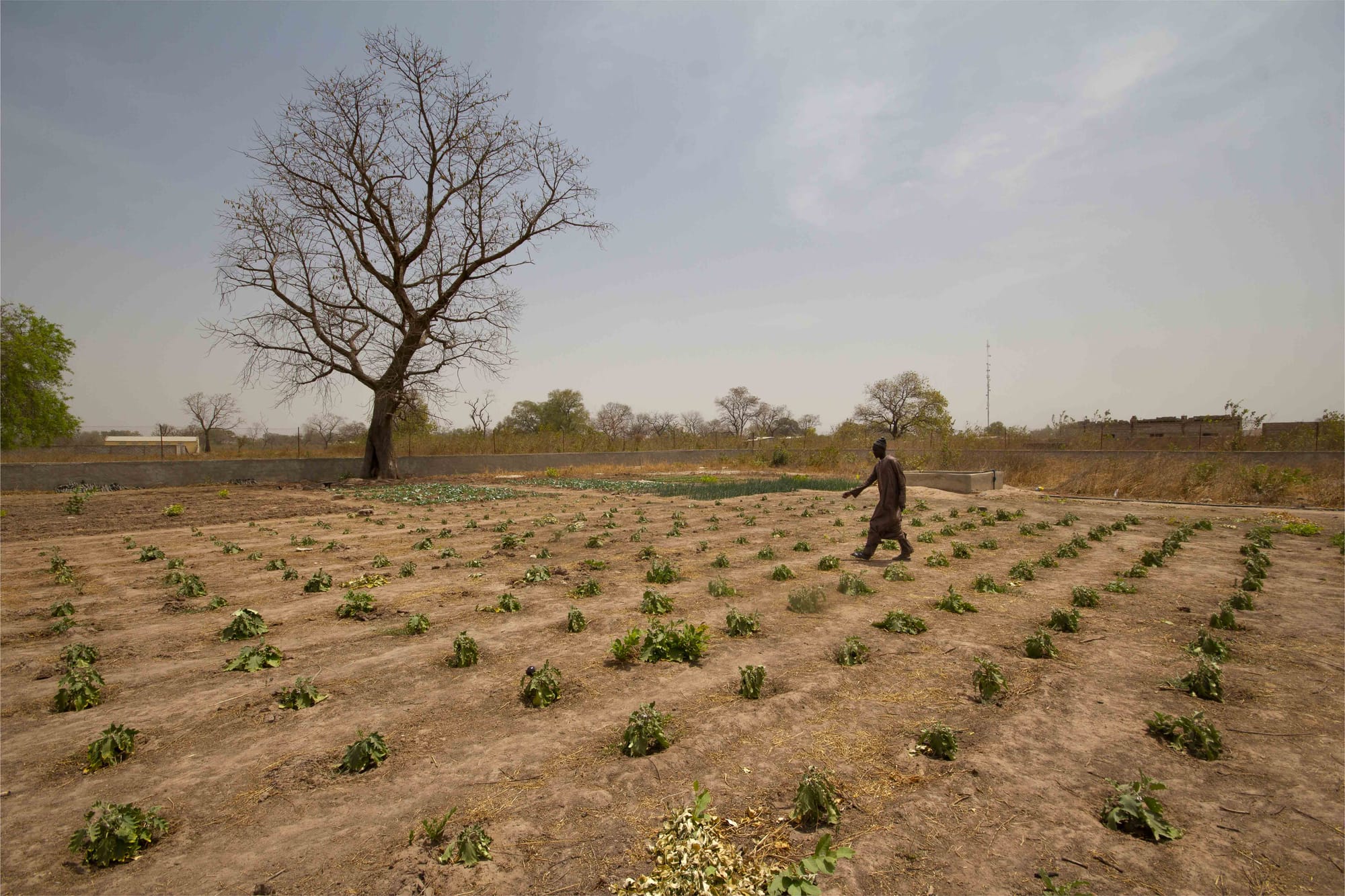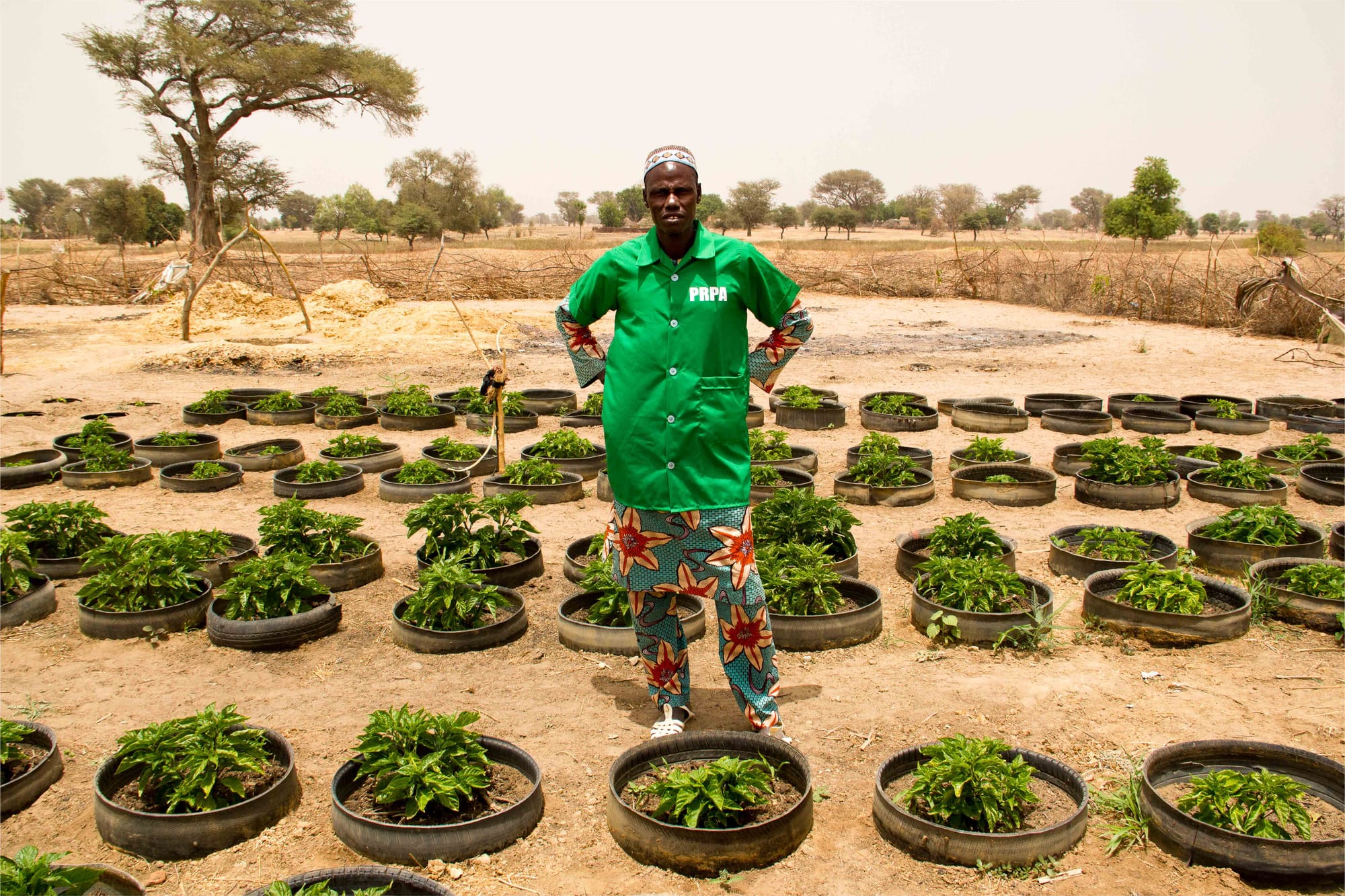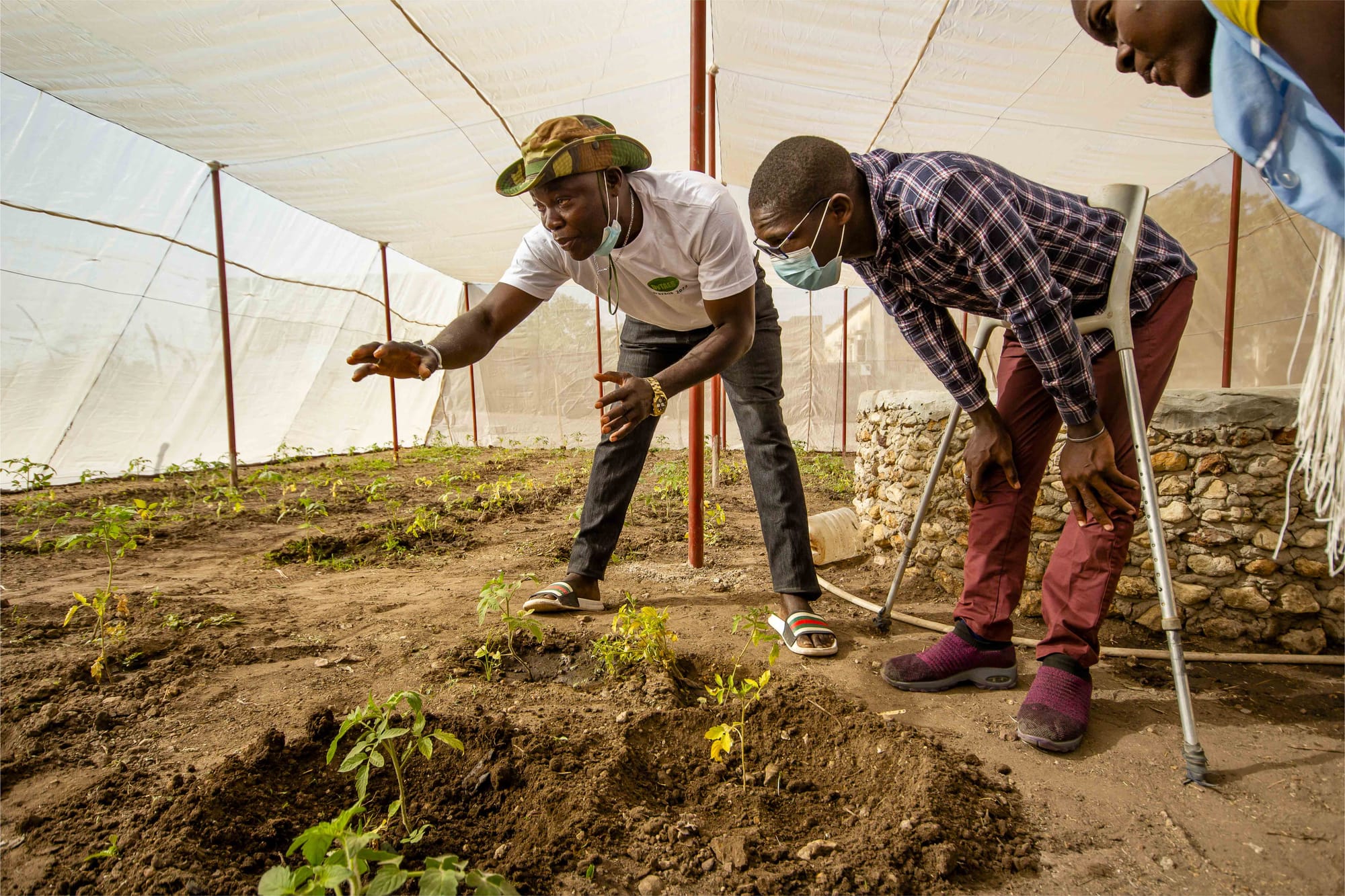Restoring life to soils
Sub-Saharan Africa is experiencing an ongoing desertification process, resulting from climate change and pressure linked to human activities. Rural communities innovate to restore the fertility of degraded soils.
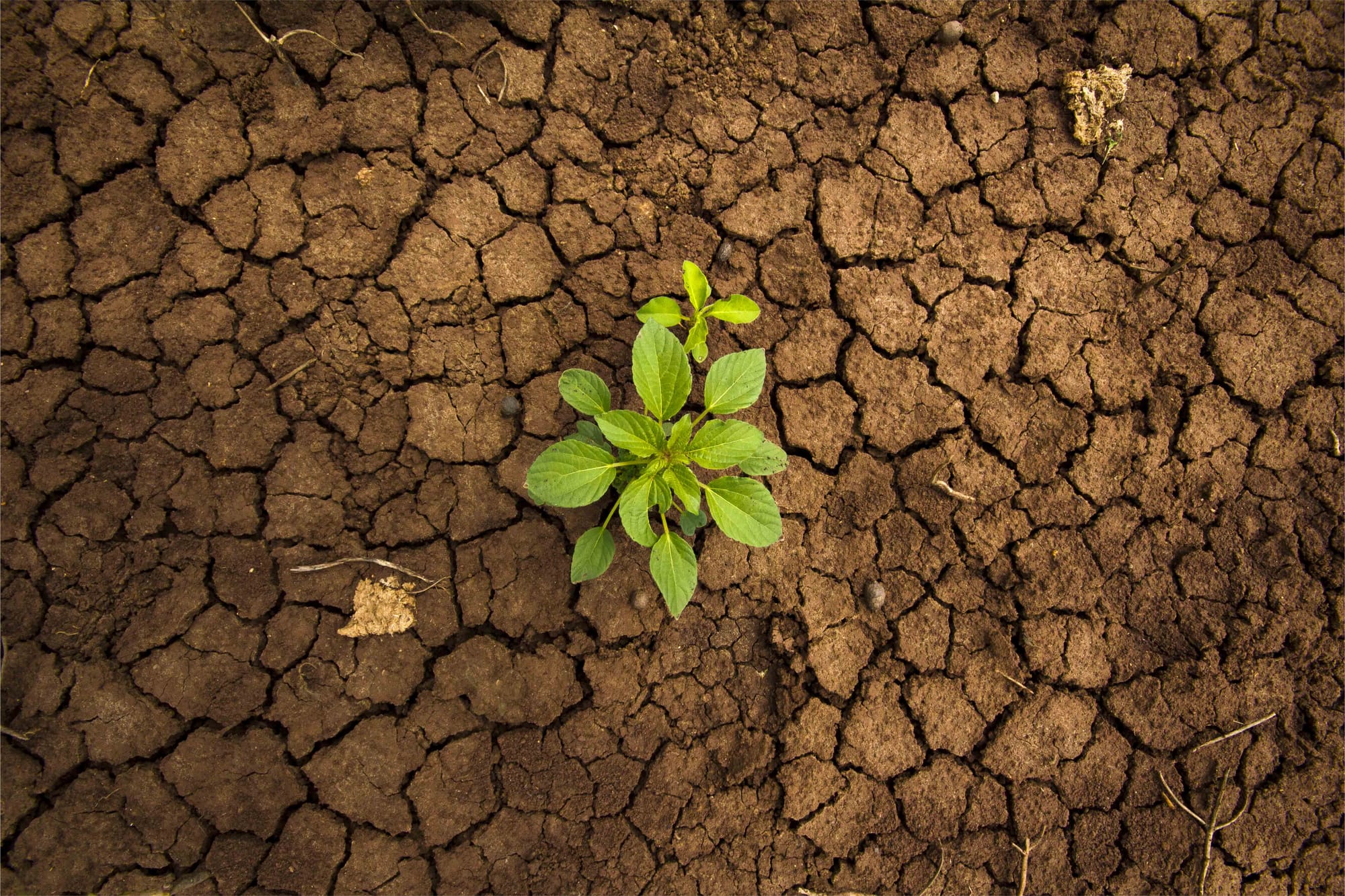
Erosion
When the trees and bushes are uprooted, wind and water erosion increase the damage, turning the land into a sterile desert. Erosion exposes acacia roots on the banks of the Senegal River.
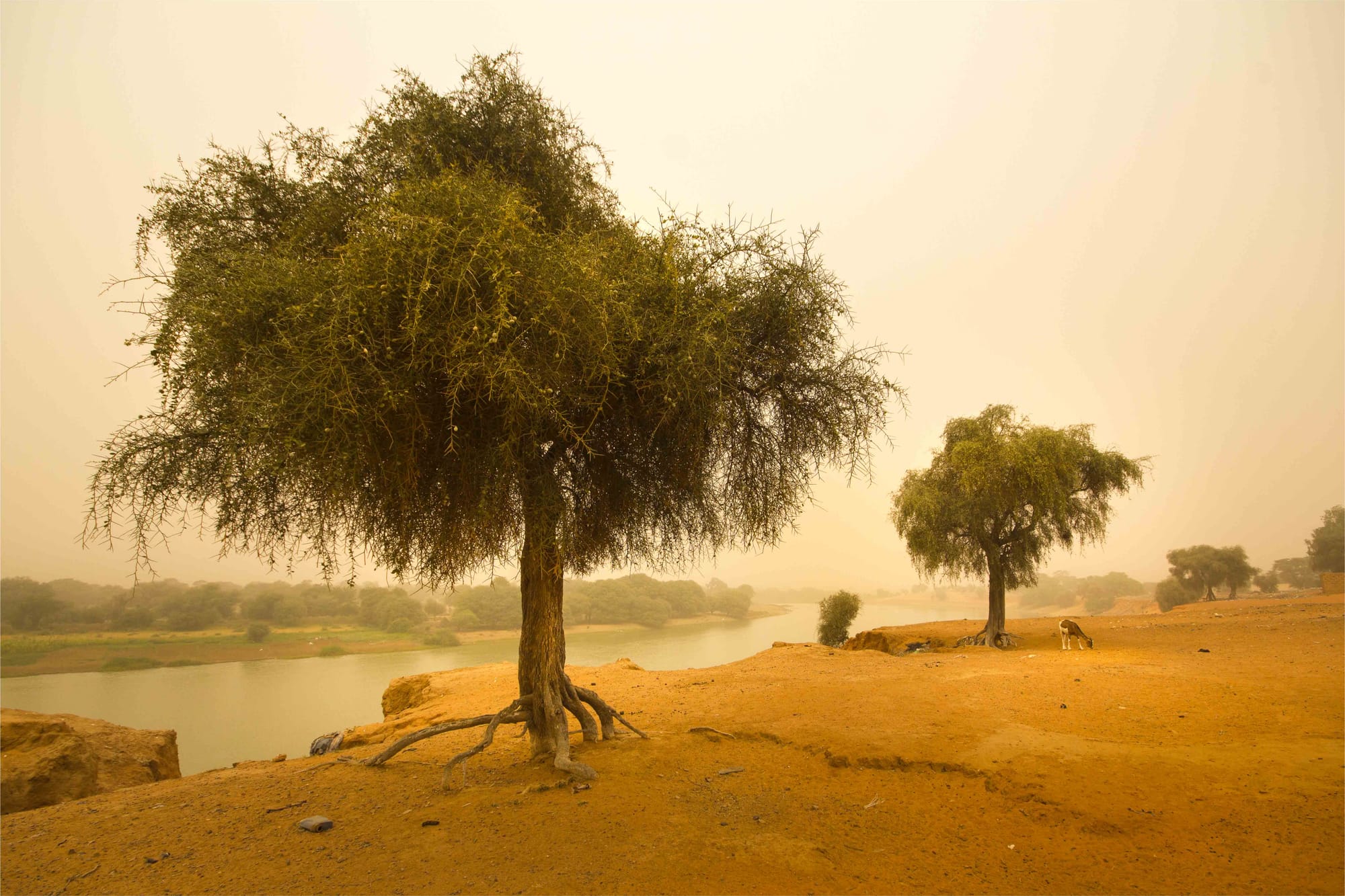
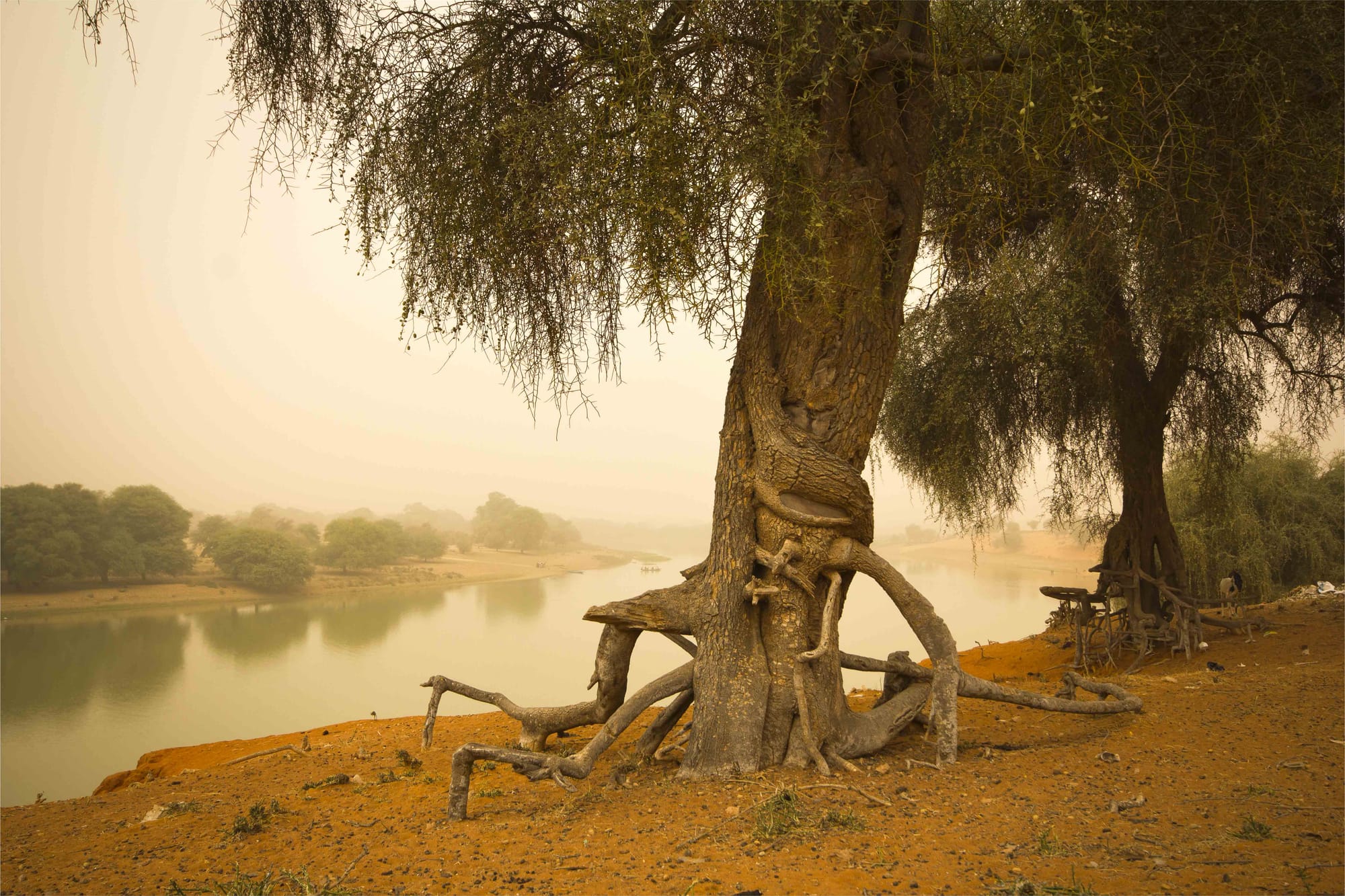
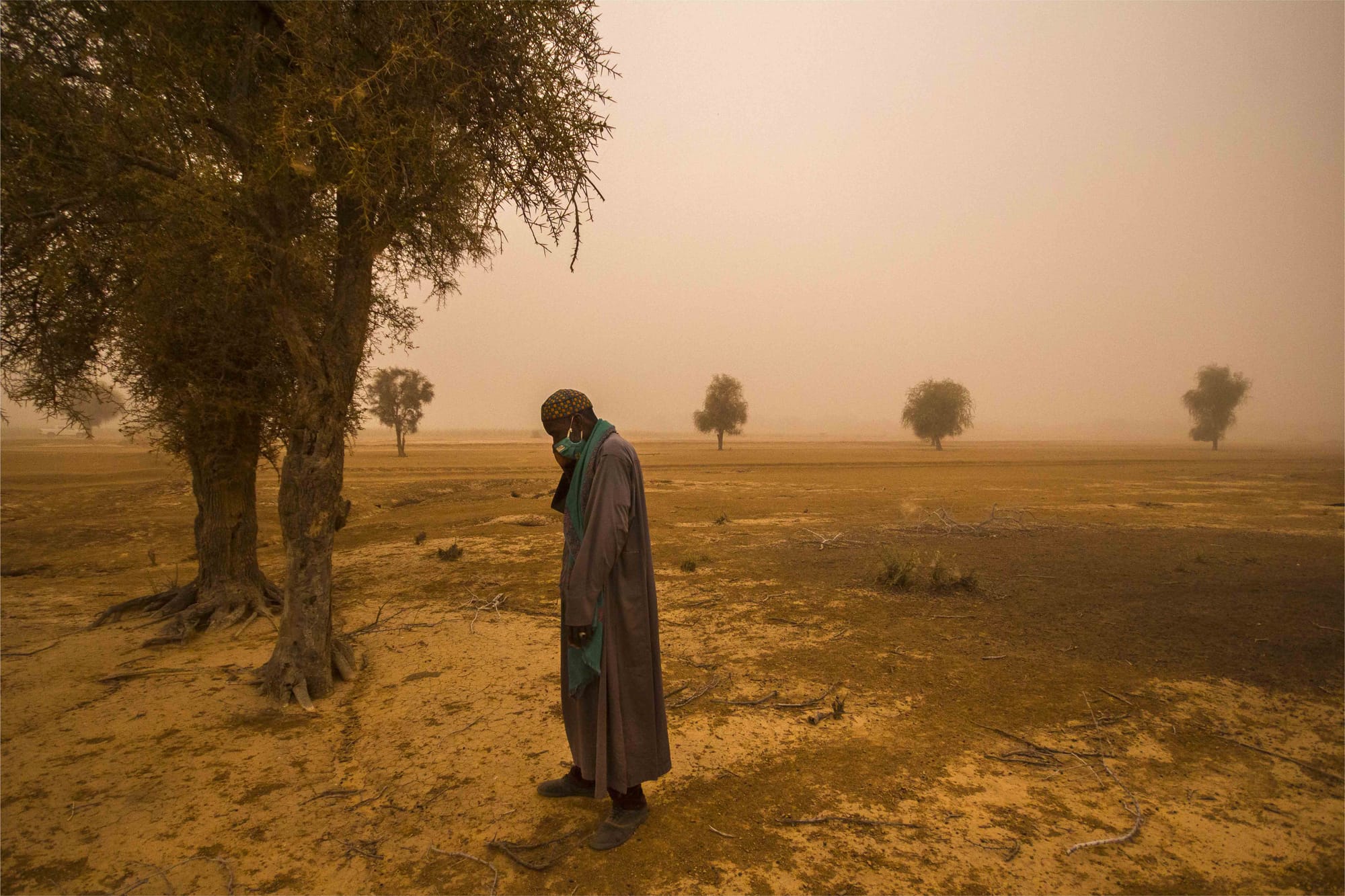
Desertification
The severe drought of the 1970s combined with catastrophic floods swept away the agricultural soils of certain villages in Senegal. In areas affected by desertification, this has impacted every aspect of people’s lives.
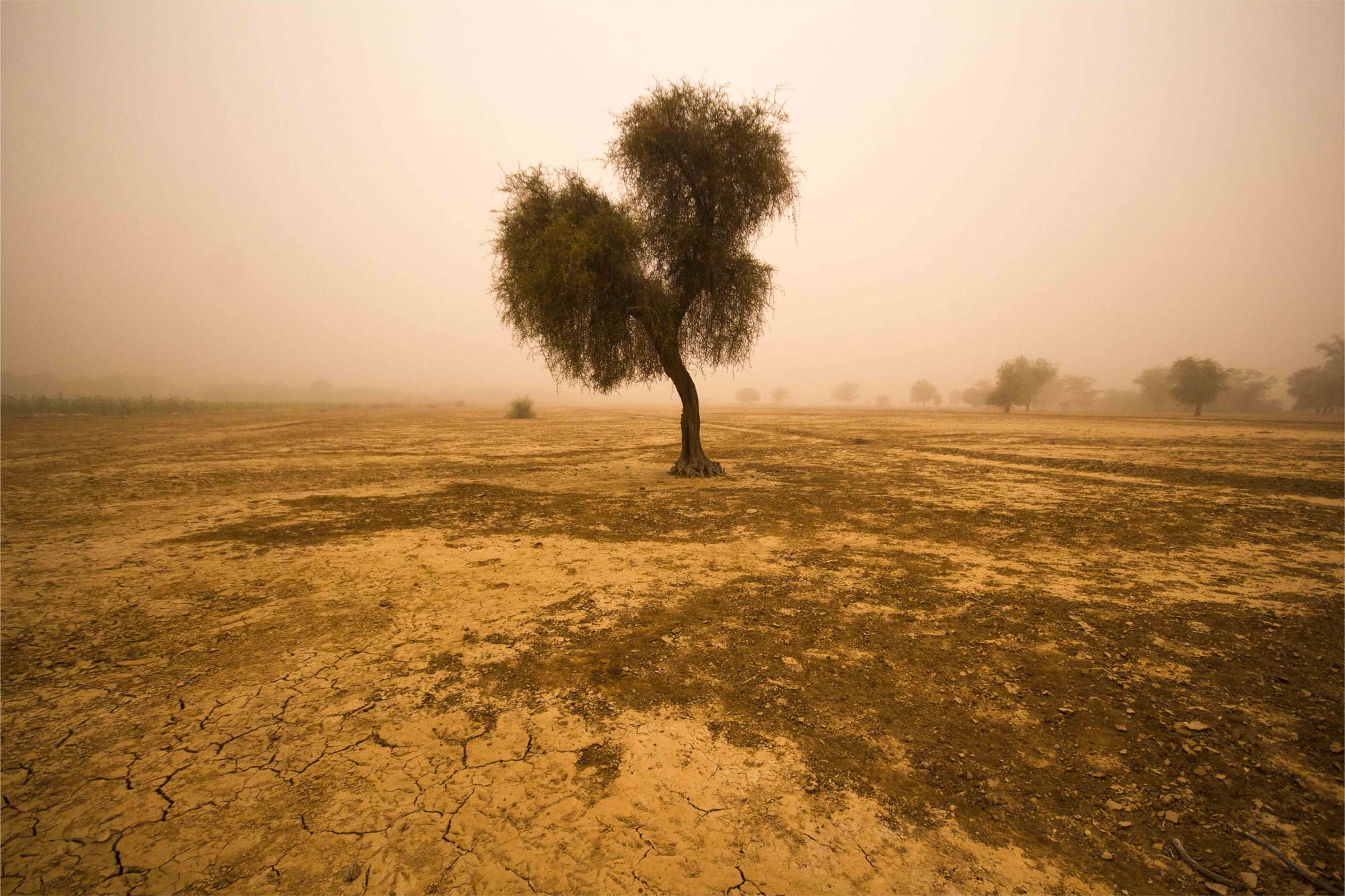
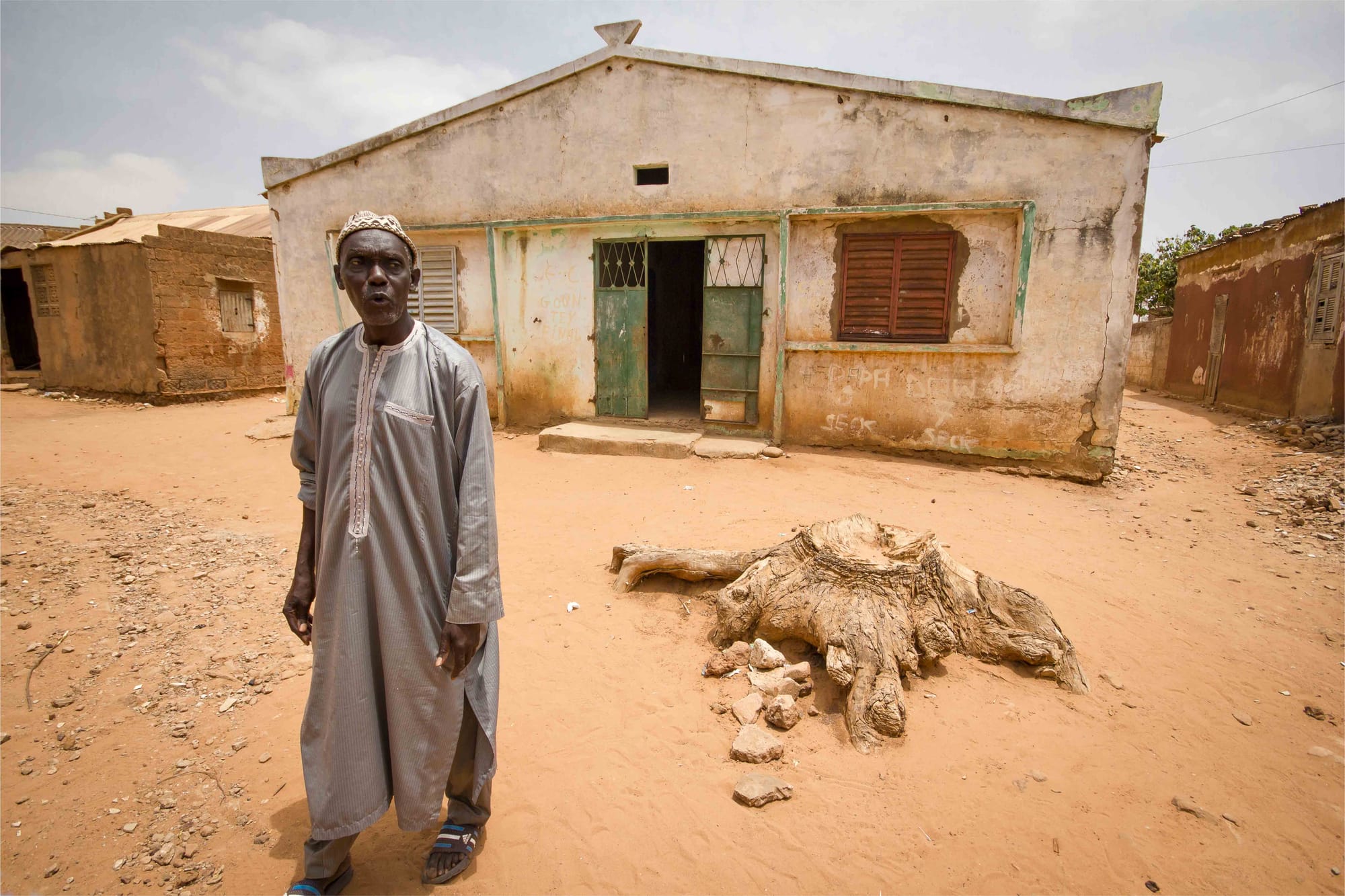
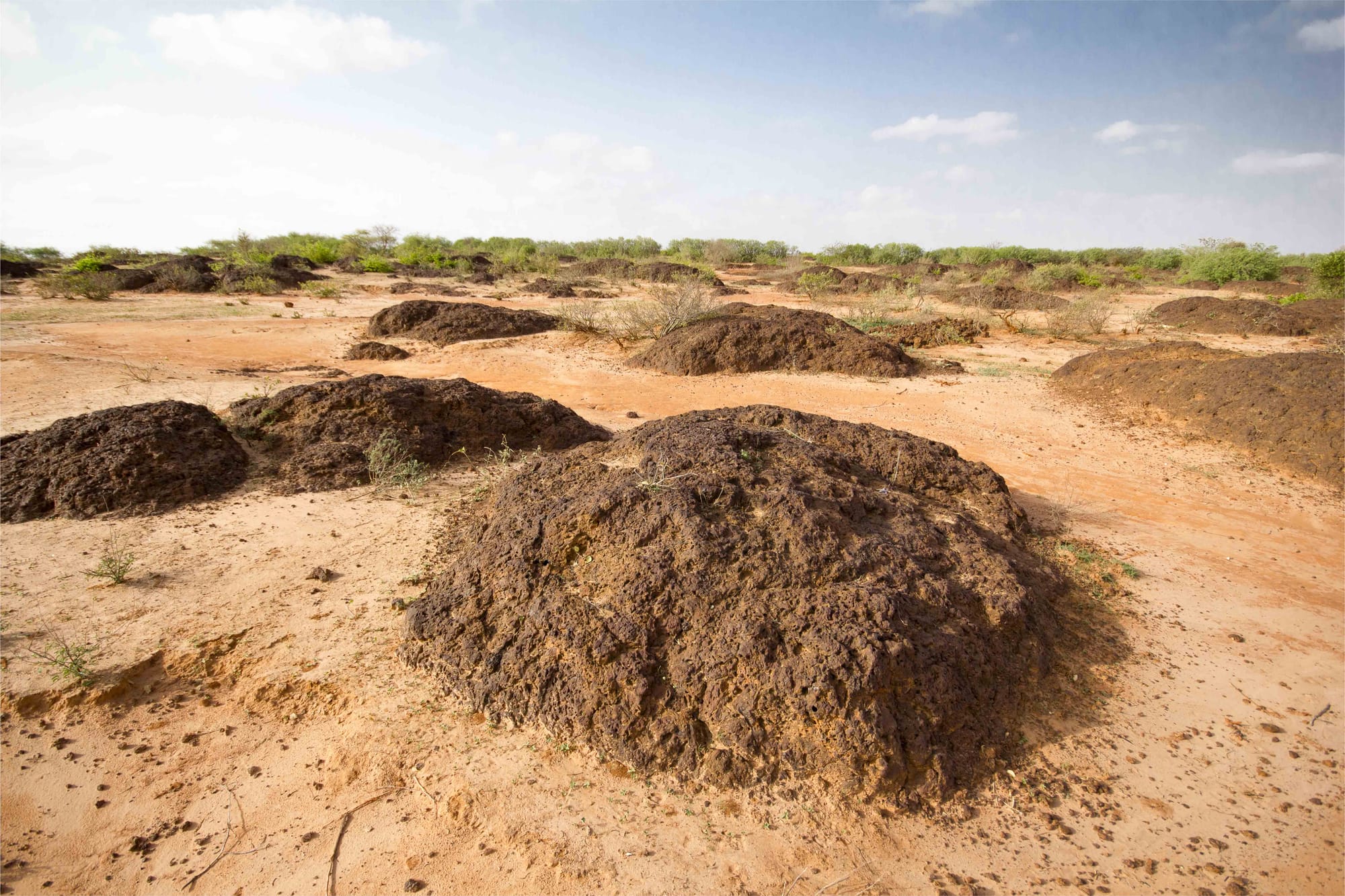
Calcination
The burning of crop residues or fallow land is a common practice in Senegal. It quickly "cleans up" the fields but in turn, it destroys soil's life and fertility. The ashes fertilize the plants in the short term without nourishing the soil.
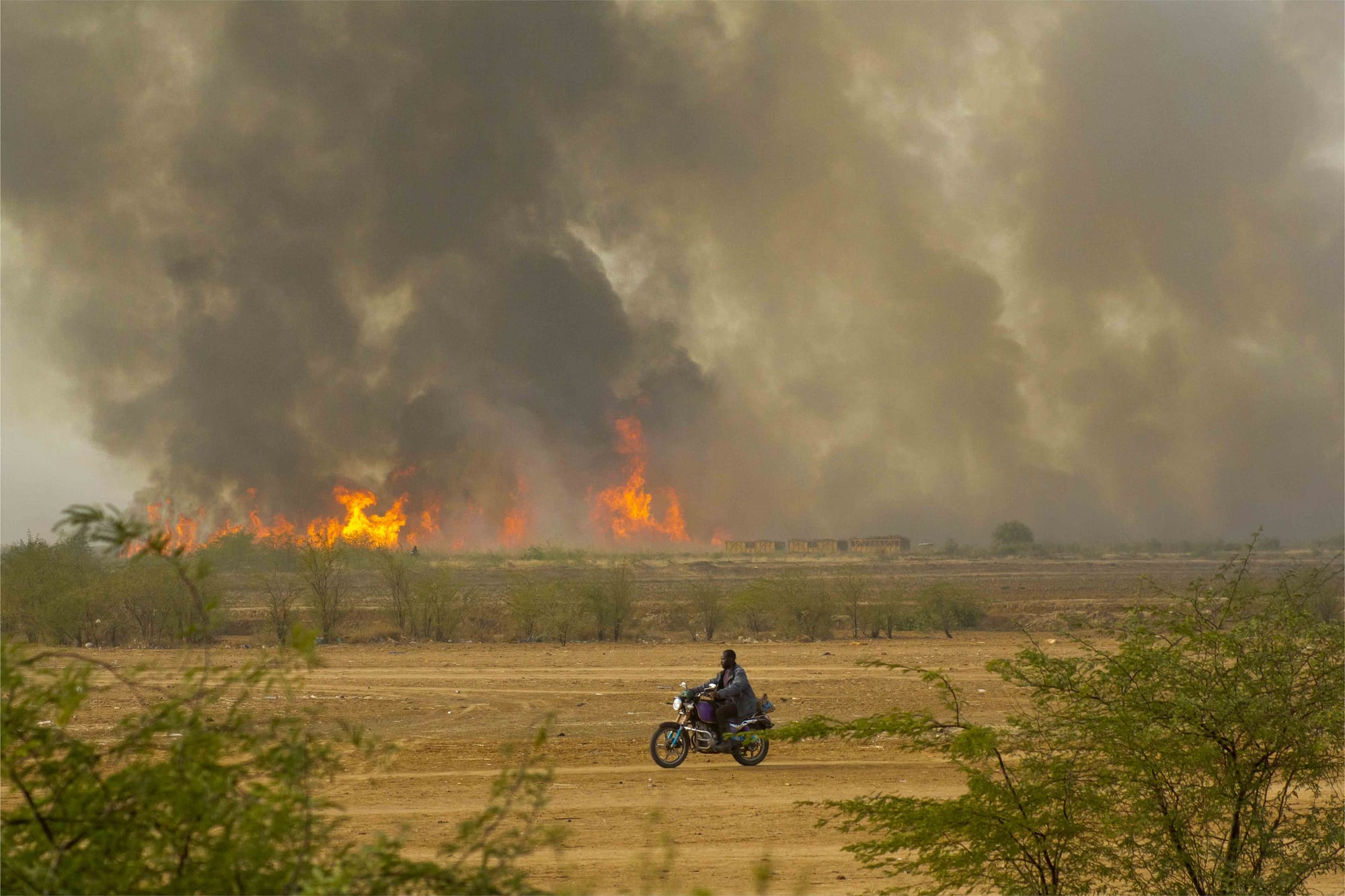
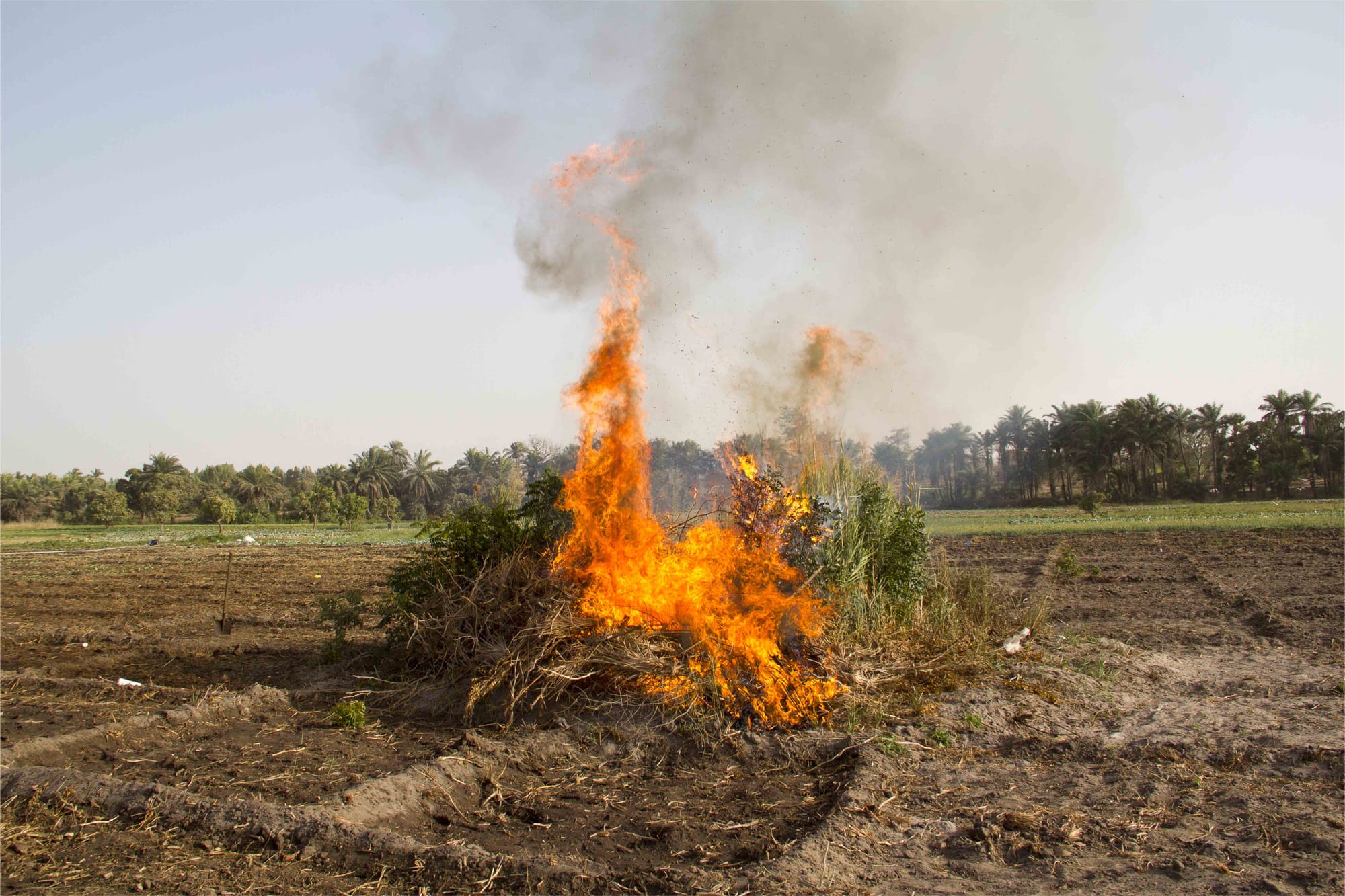
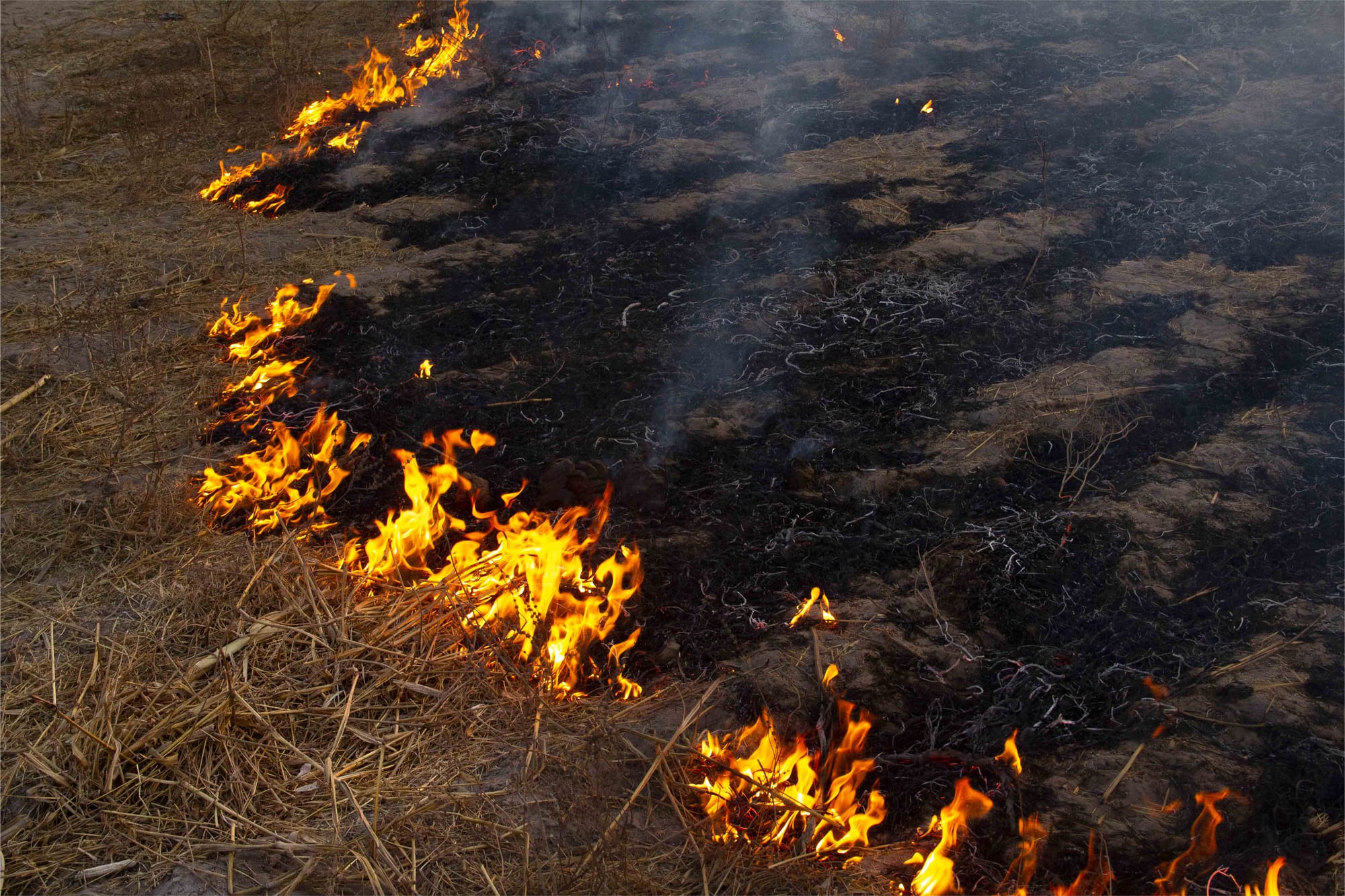
Manure
Incorporating manure leads to a progressive restoration of the life and fertility of the soil. Unlike chemical fertilisers which are absorbed directly by the plants, manure decompose slowly to increase natural soil fertility.
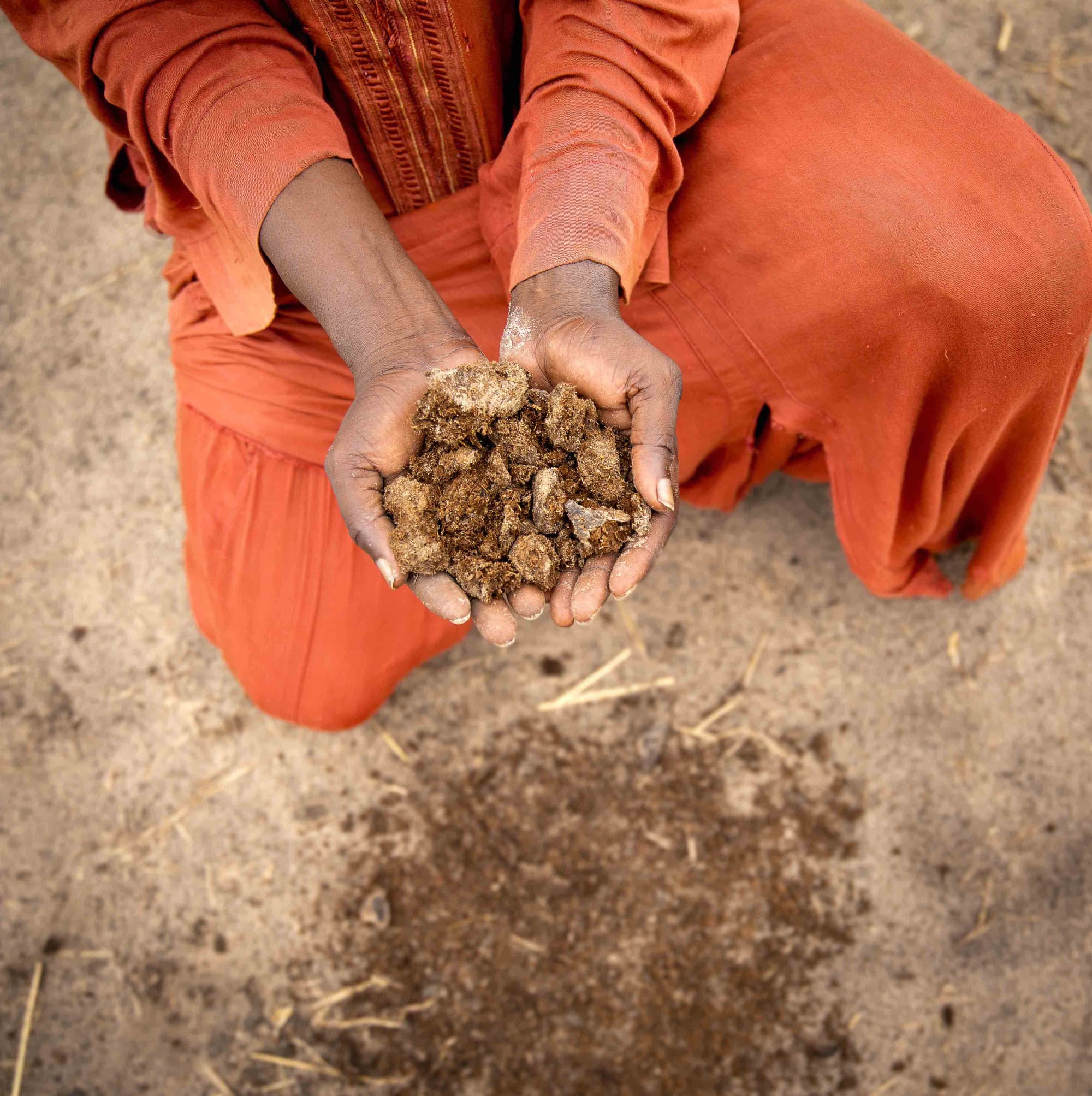
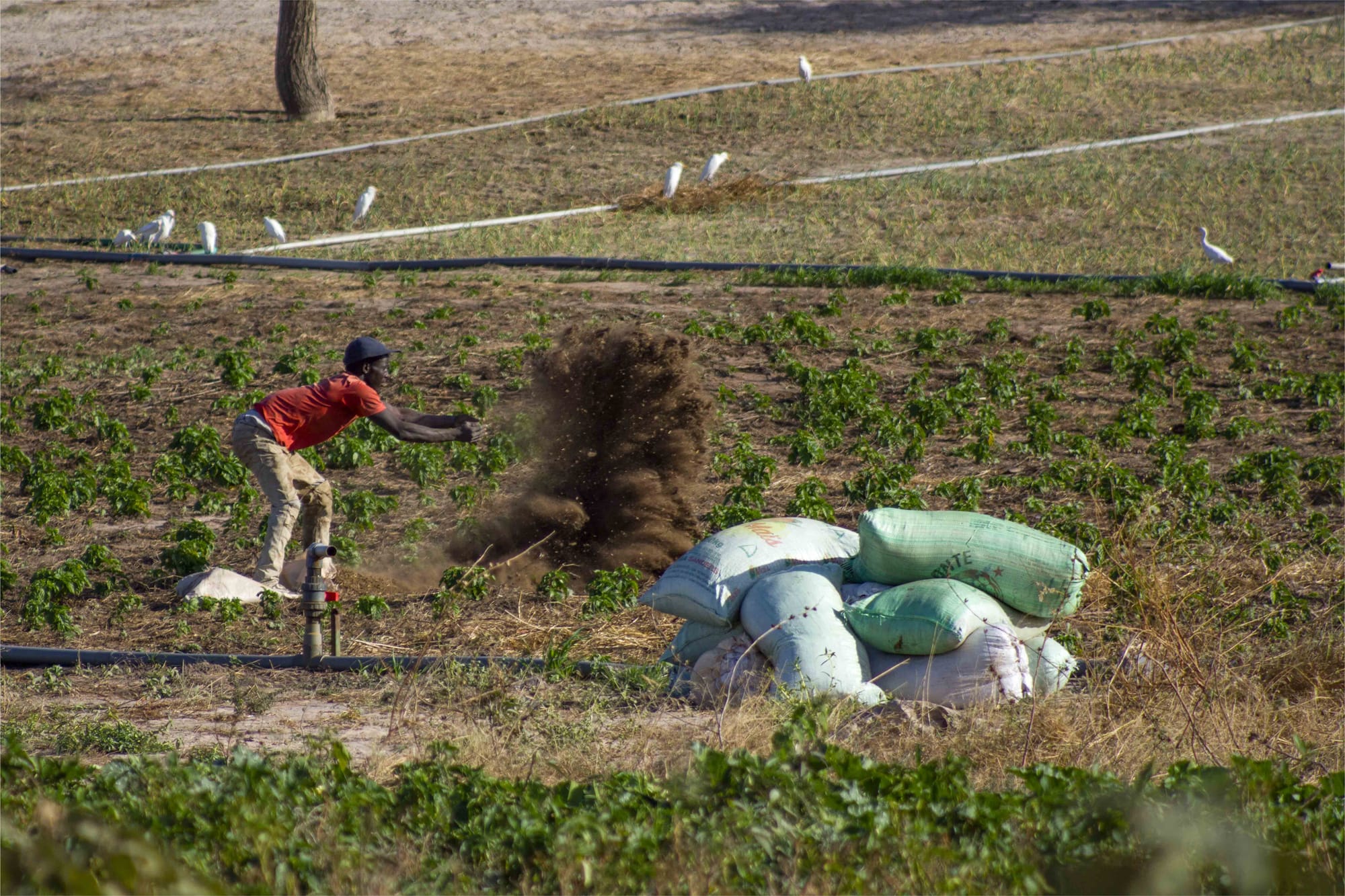
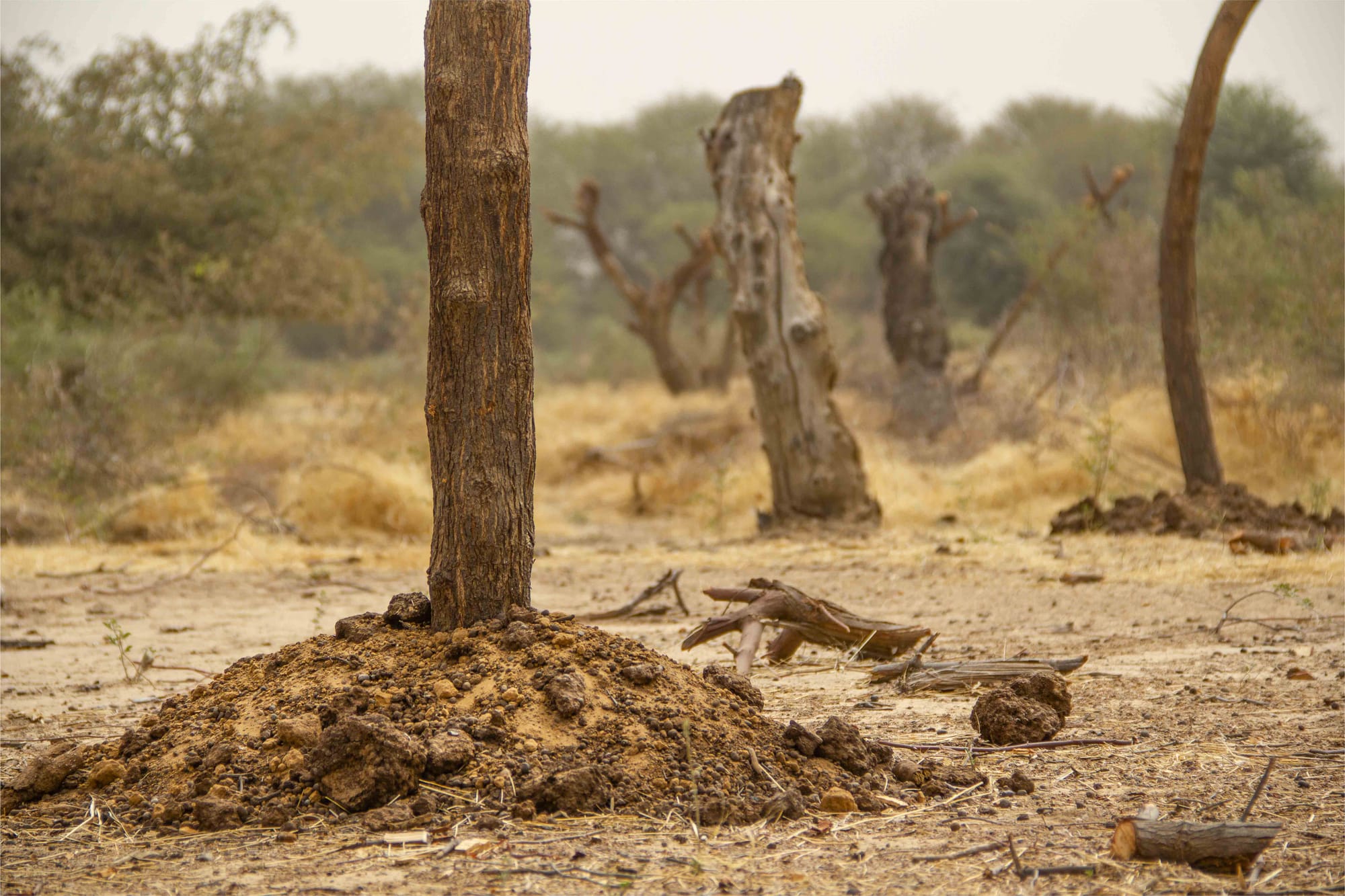
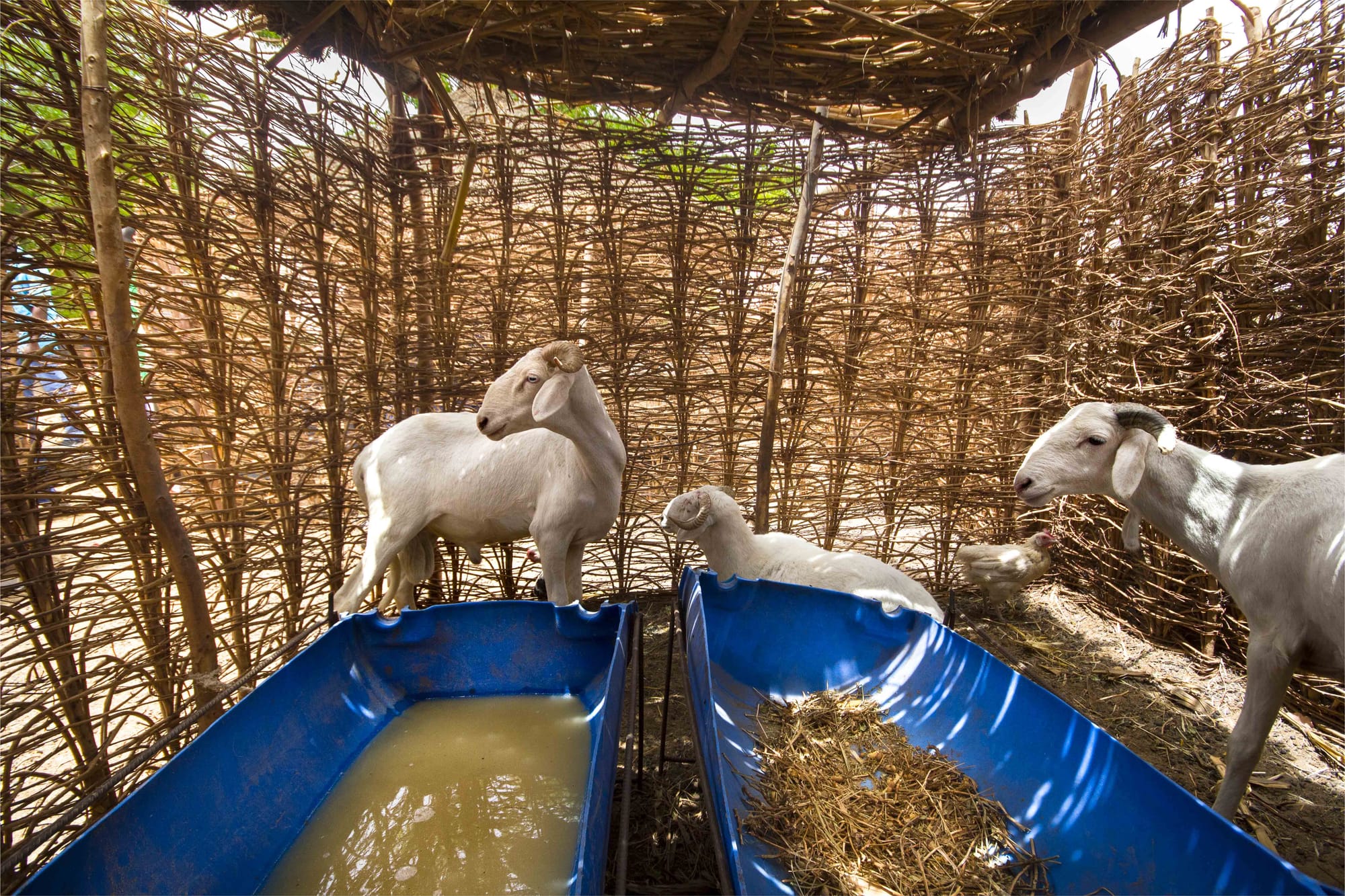
Compost
Compost is a fertilizer formed by the fermented mixture of manure, plant debris and mineral matter. Compost is very efficient, but its manufacture requires a lot of work. Some projects promote the on-farm production of compost (first photo). For instance, the start-up" Tossma" is a compost production unit that supply vegetable farmers in Mboro, Senegal (photos 2 and 3). Compost being much more expensive than manure, farmers use it mainly for their nurseries (last photo).
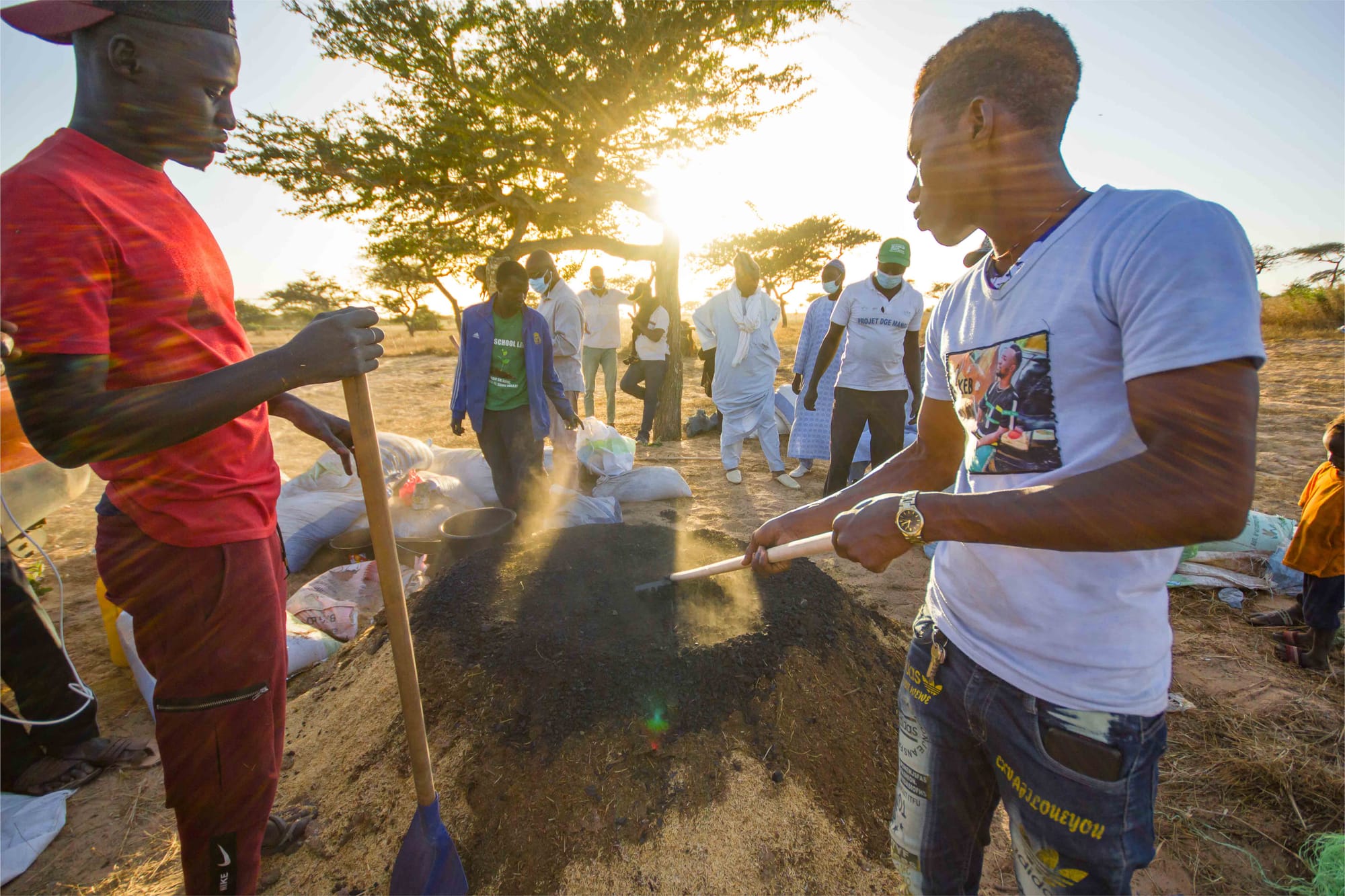
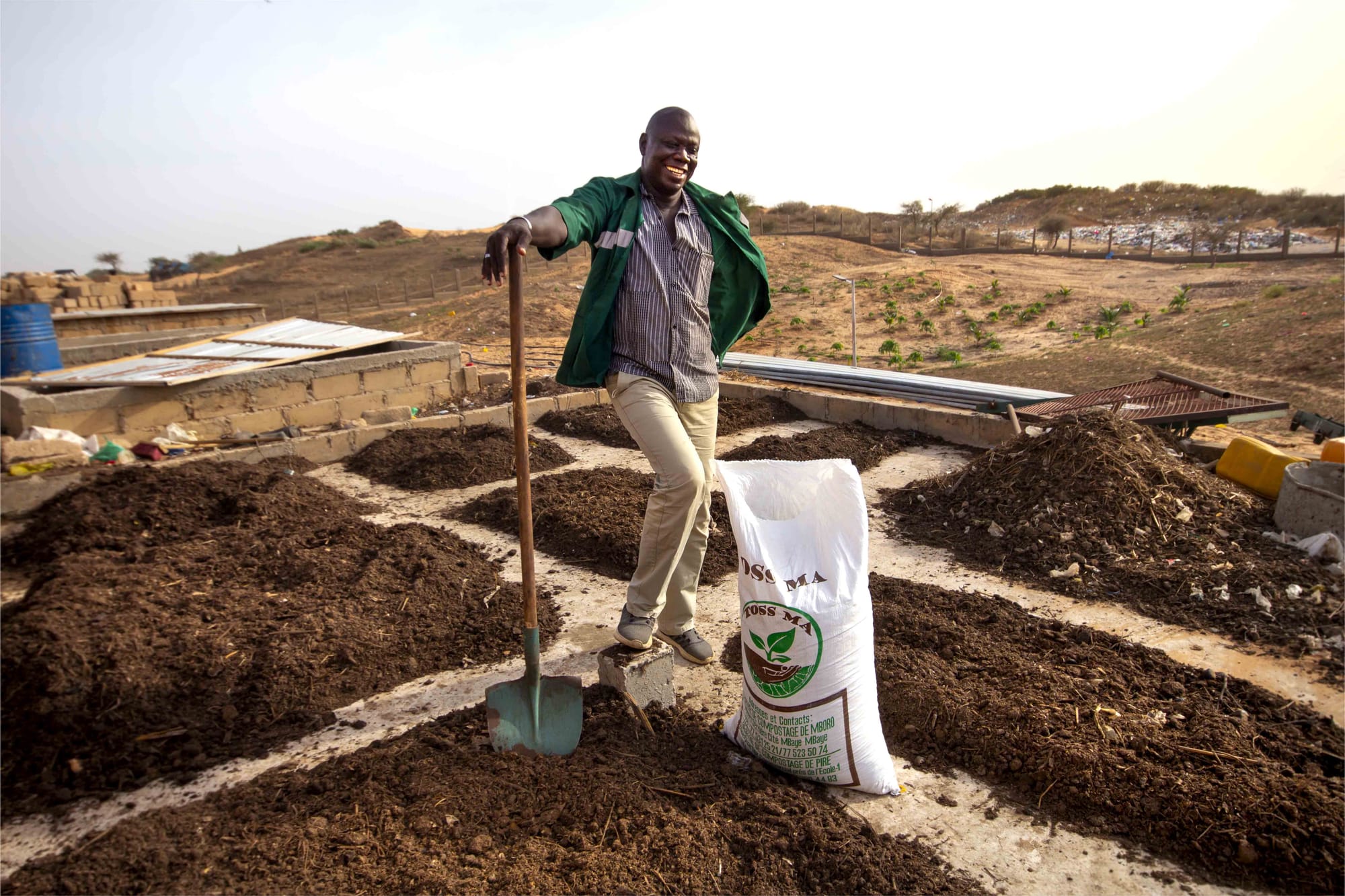
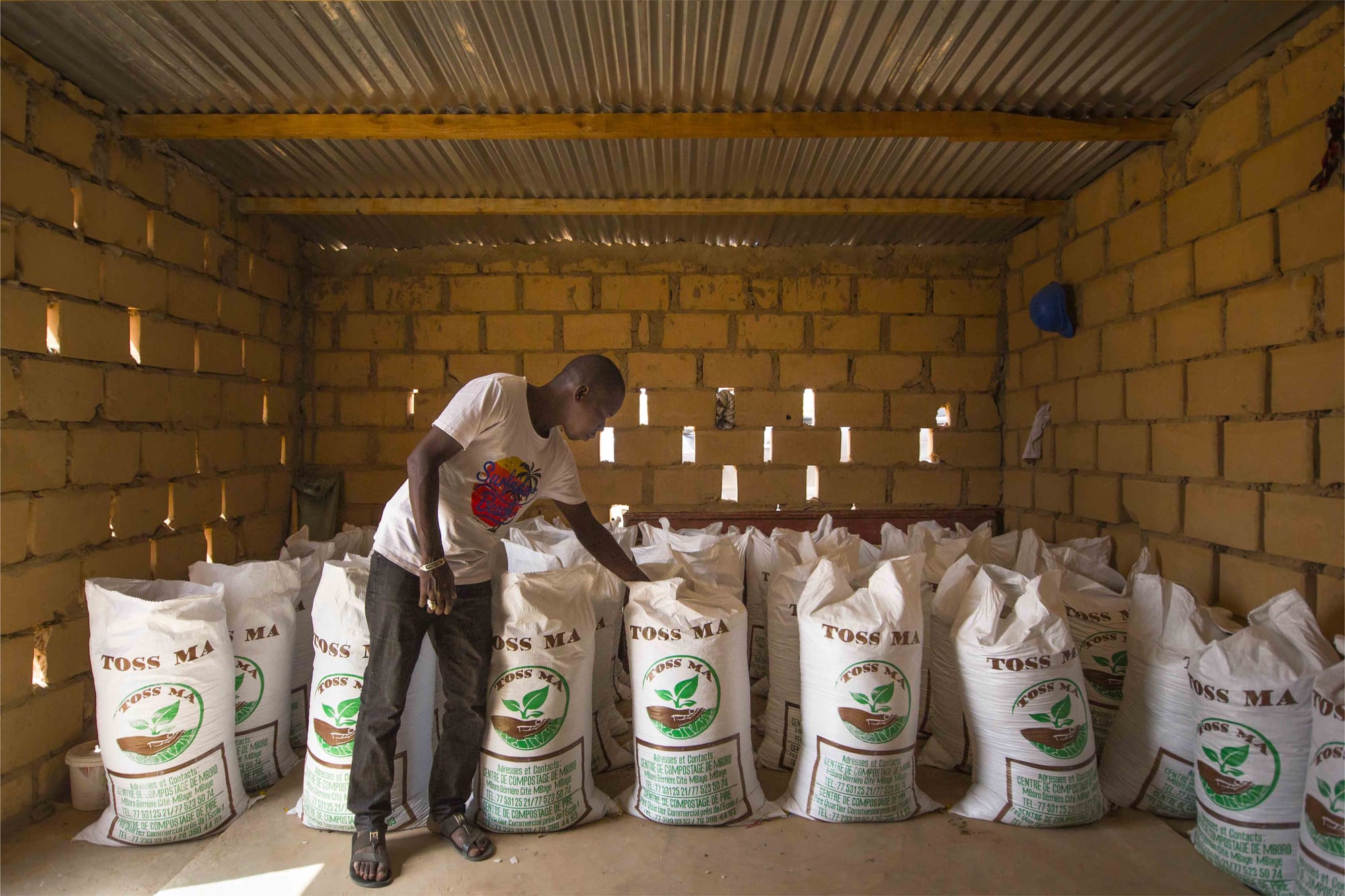
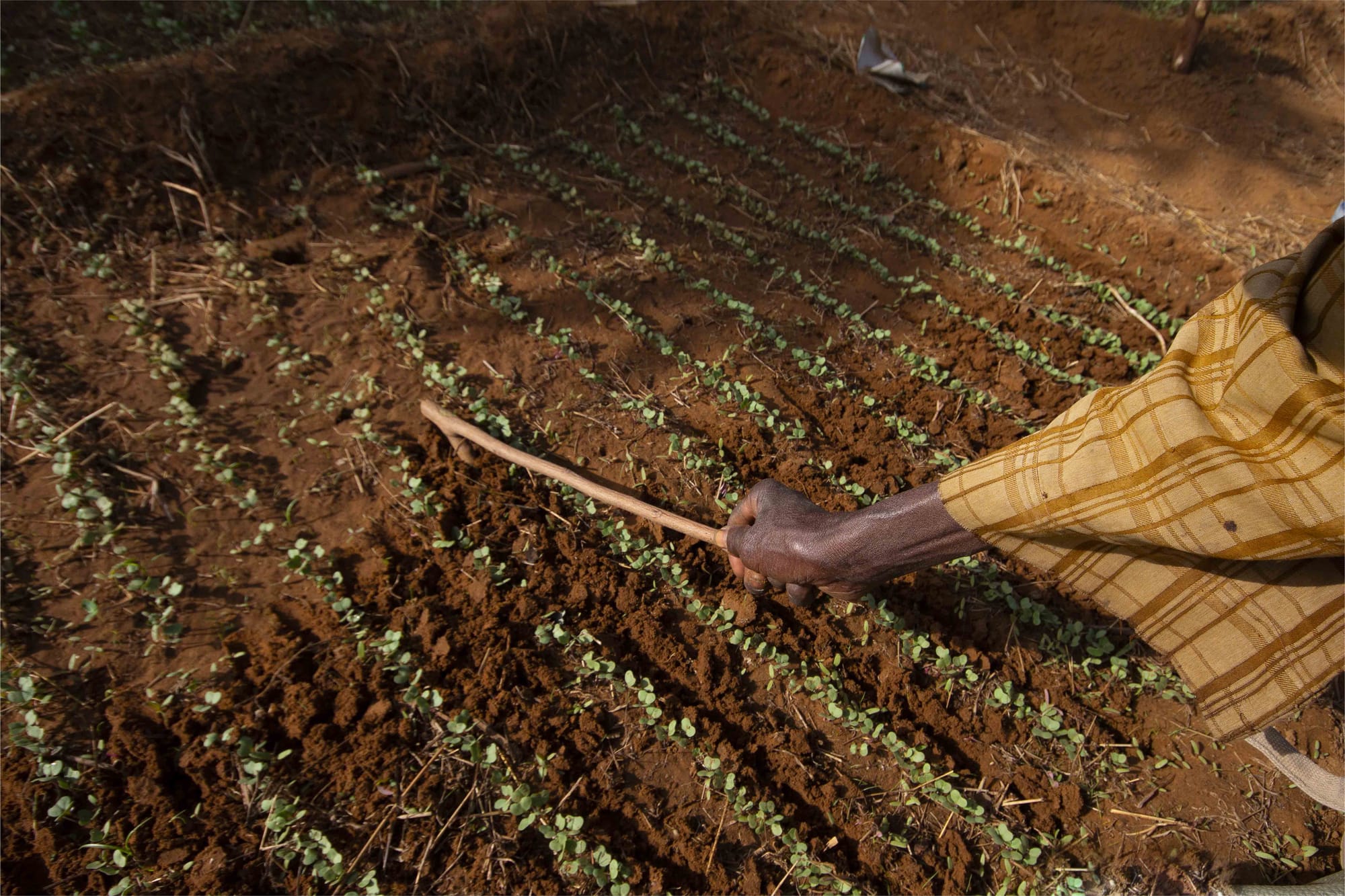
Mulching
Agroecology proposes a set of techniques to restore the fertility of degraded soils. In the pictures below taken in Benin, Ivory Coast and Senegal, cut grass from fallow land is used as natural mulch for the following crop. Mulching protects soils from the sun and improves fertility as it decomposes.
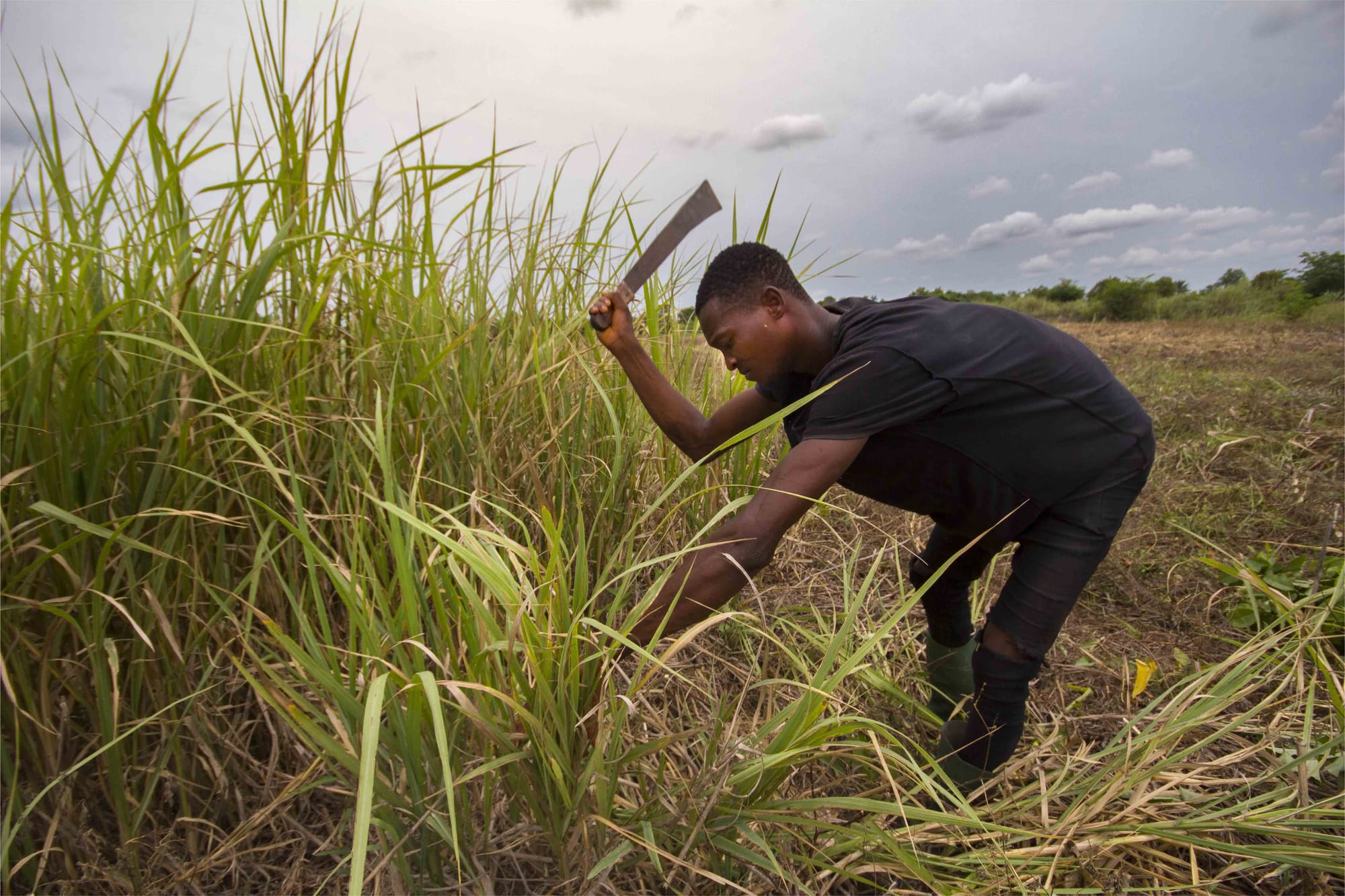
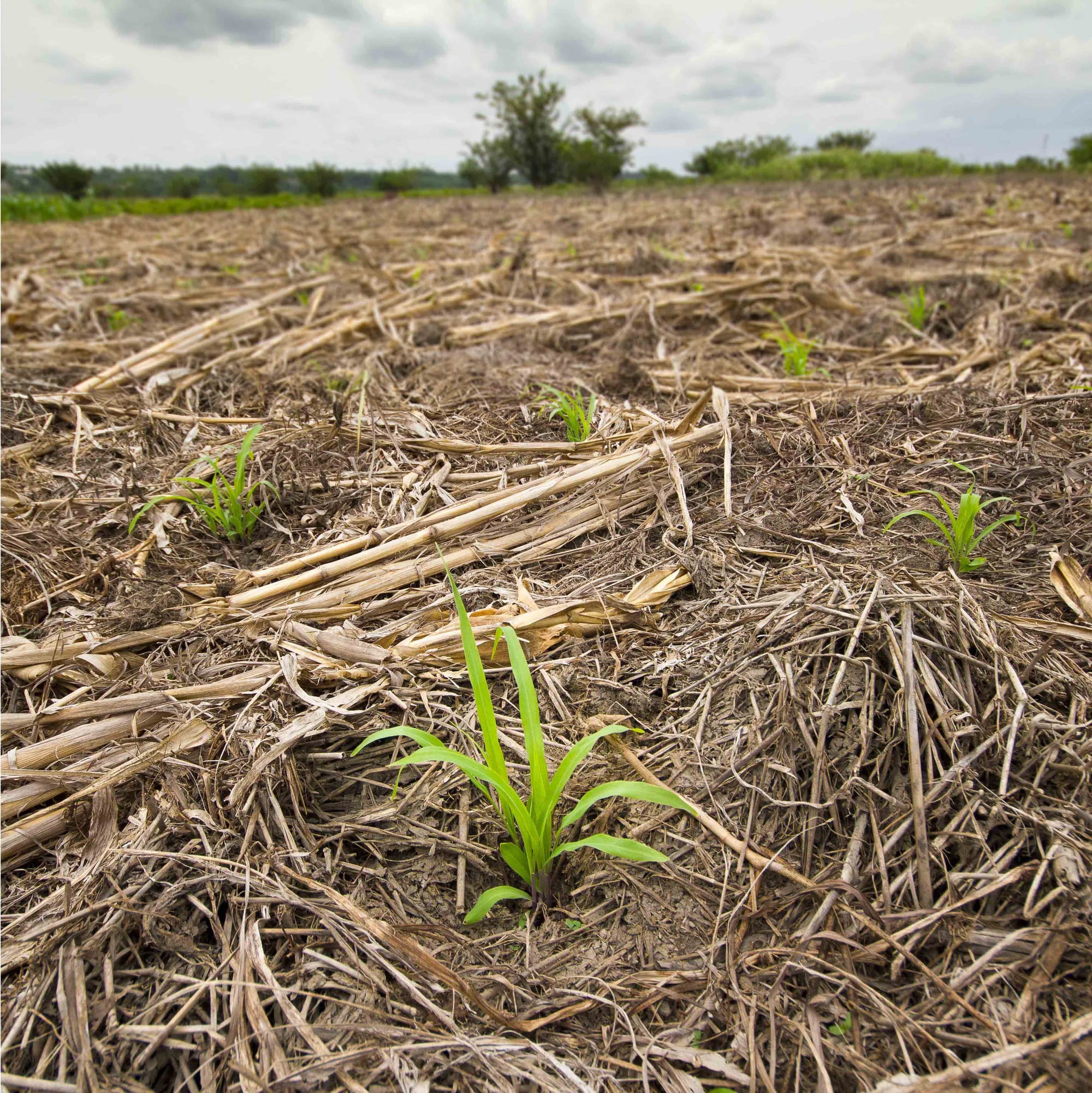
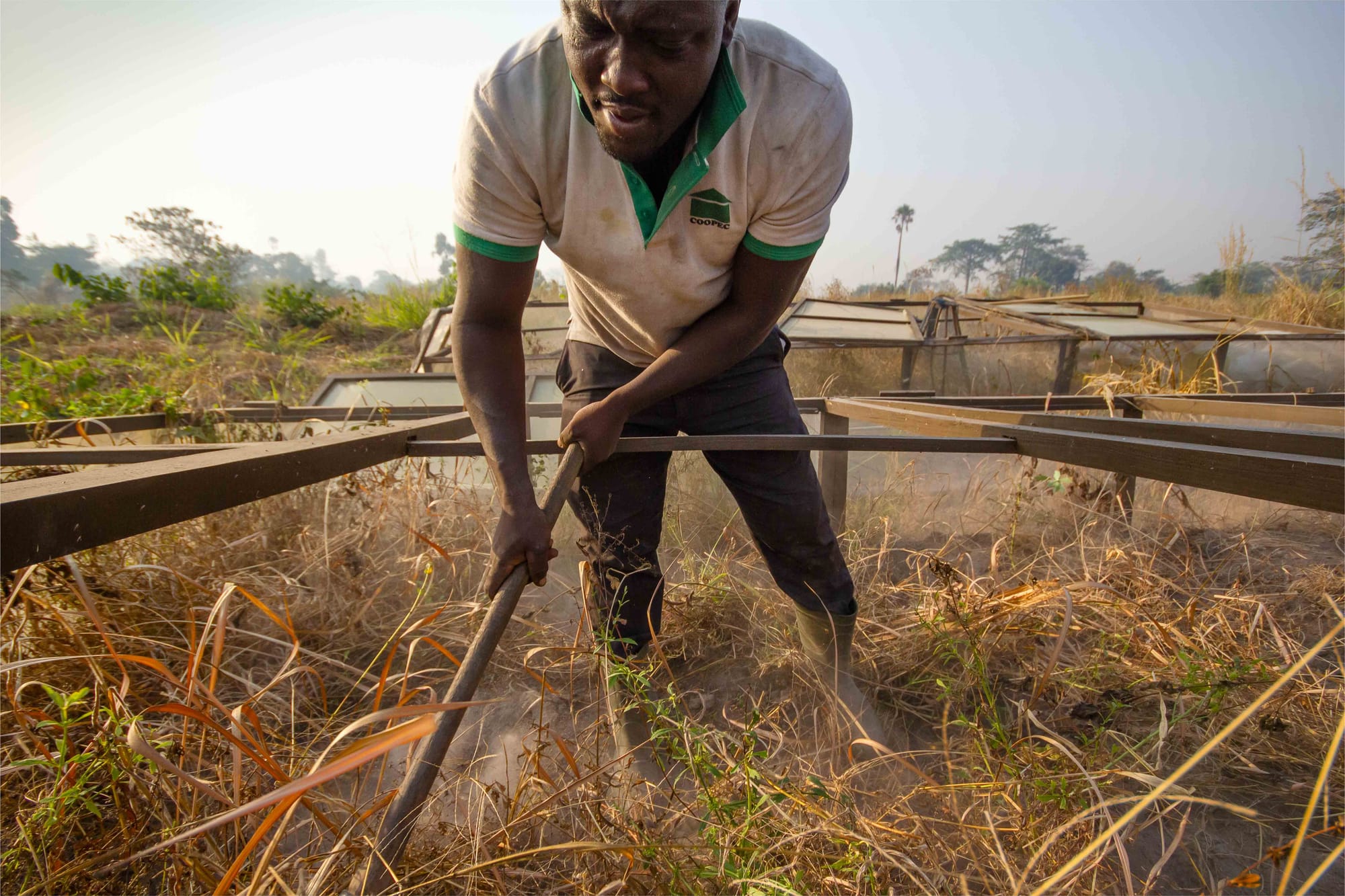
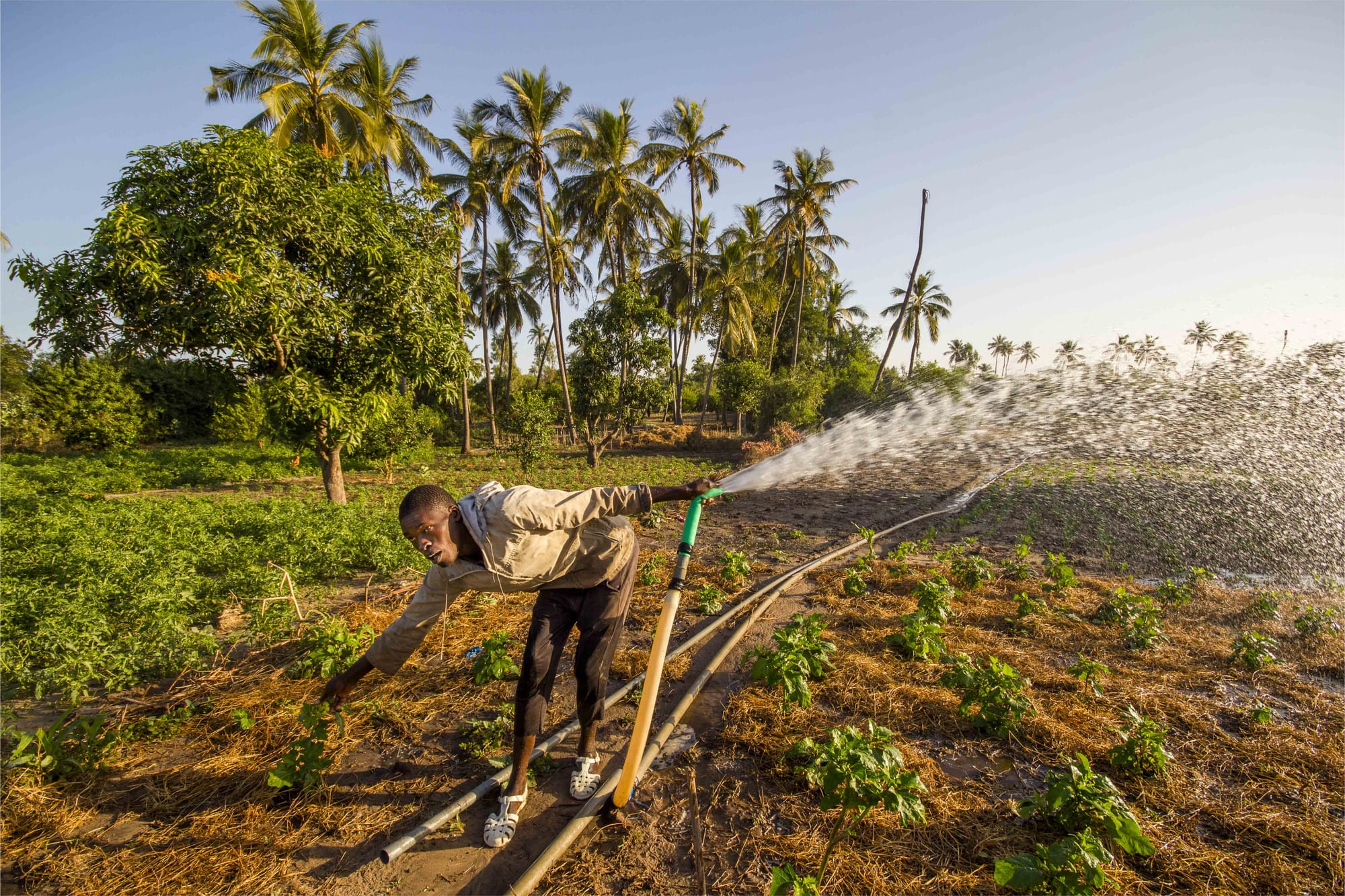
Concentration
In areas where water is scarce and soils poor, farmers concentrate compost and manure inputs at the root level of cultivated plants.
